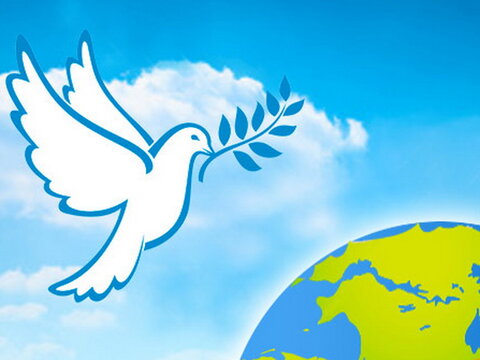Iran (IMNA) - In 2021, as we heal from the COVID-19 pandemic, we are inspired to think creatively and collectively about how to help everyone recover better, how to build resilience, and how to transform our world into one that is more equal, more just, equitable, inclusive, sustainable, and healthier.
The pandemic is known for hitting the underprivileged and marginalized groups the hardest. By April 2021, over 687 million COVID-19 vaccine doses have been administered globally, but over 100 countries have not received a single dose. People caught in conflict are especially vulnerable in terms of lack of access to healthcare.
In line with the Secretary-General’s appeal for a global ceasefire last March, in February 2021 the Security Council unanimously passed a resolution calling for Member States to support a “sustained humanitarian pause” to local conflicts. The global ceasefire must continue to be honoured, to ensure people caught in conflict have access to lifesaving vaccinations and treatments.
The pandemic has been accompanied by a surge in stigma, discrimination, and hatred, which only cost more lives instead of saving them: the virus attacks all without caring about where we are from or what we believe in. Confronting this common enemy of humankind, we must be reminded that we are not each other’s enemy. To be able to recover from the devastation of the pandemic, we must make peace with one another.
And we must make peace with nature. Despite the travel restrictions and economic shutdowns, climate change is not on pause. What we need is a green and sustainable global economy that produces jobs, reduces emissions, and builds resilience to climate impacts.
The 2021 theme for the International Day of Peace is “Recovering better for an equitable and sustainable world”. We invite you to join the efforts of the United Nations family as we focus on recovering better for a more equitable and peaceful world. Celebrate peace by standing up against acts of hate online and offline, and by spreading compassion, kindness, and hope in the face of the pandemic, and as we recover.
Background
The International Day of Peace was established in 1981 by the United Nations General Assembly. Two decades later, in 2001, the General Assembly unanimously voted to designate the Day as a period of non-violence and cease-fire.
United Nations


Your Comment